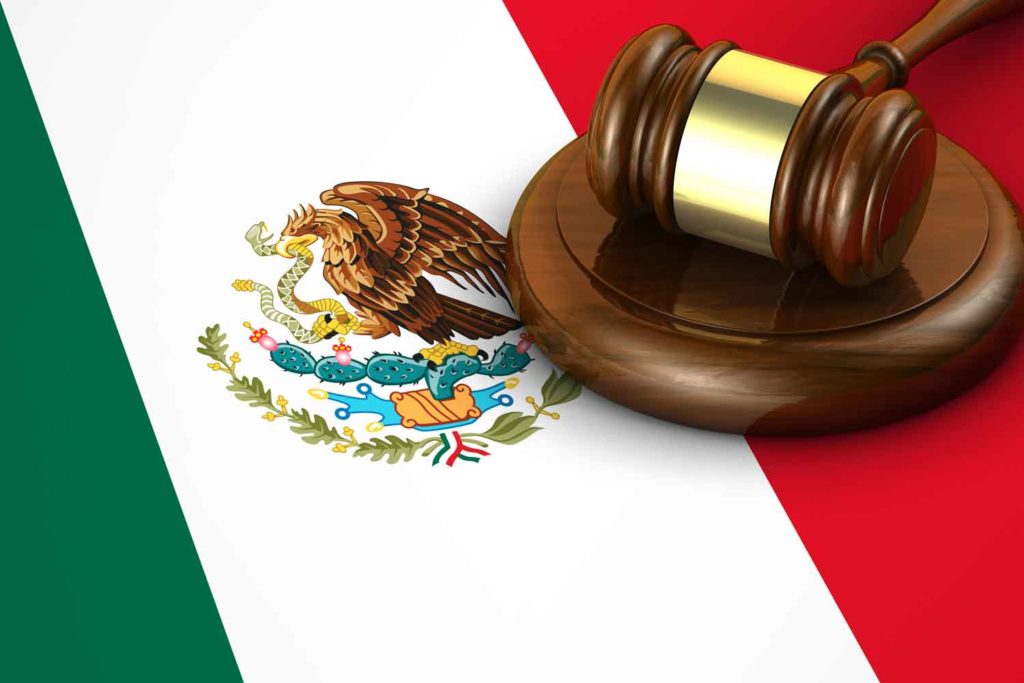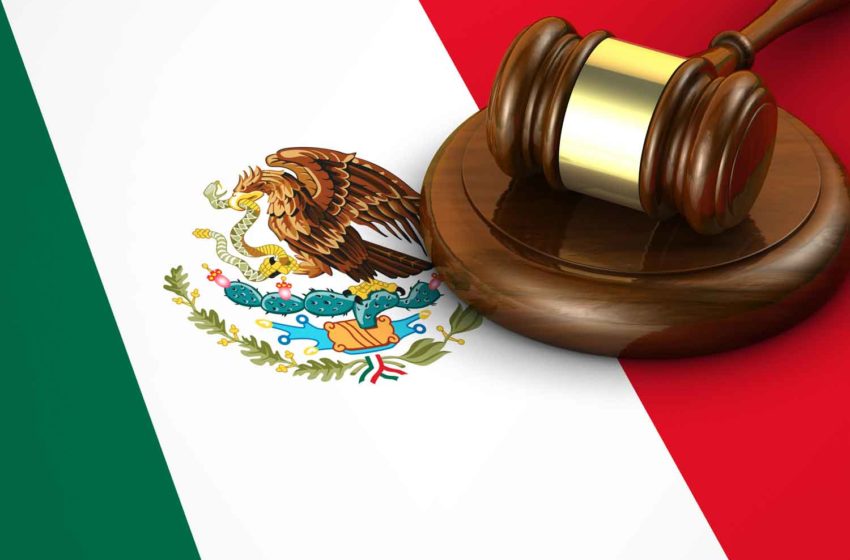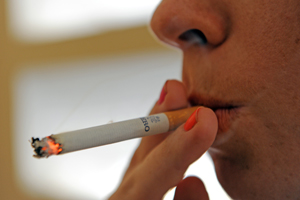
The lower house of Mexico’s Congress voted to alter the constitution to include a ban on e-cigarettes, reports Reuters. The measure passed with 410 votes in favor and 24 against.
The reform also sanctions “production, distribution and sale of toxic substances, chemical precursors, the illicit use of fentanyl and other non-authorized synthetic drugs.”
Less than 1 million people from ages 12 to 65 reported regularly using a vape in 2022, according to federal data cited by lawmakers. Meanwhile, around 500,000 teens and 300,000 adults used e-cigarettes.
The proposal was sent to Congress by former President Andres Manuel Lopez Obrador, who argued that smoking devices were damaging public health, with children particularly susceptible to getting hooked.
Lopez Obrador had already banned such devices through a presidential decree, though they remain widely available for purchase. Millions of Mexicans, meanwhile, smoke traditional cigarettes, which remain legal.
Opposition legislator Ector Jaime Ramirez said banning fentanyl and vaping in the same reform was excessive and “trivializing to the effort being made to combat the most addictive and dangerous drugs.”


















